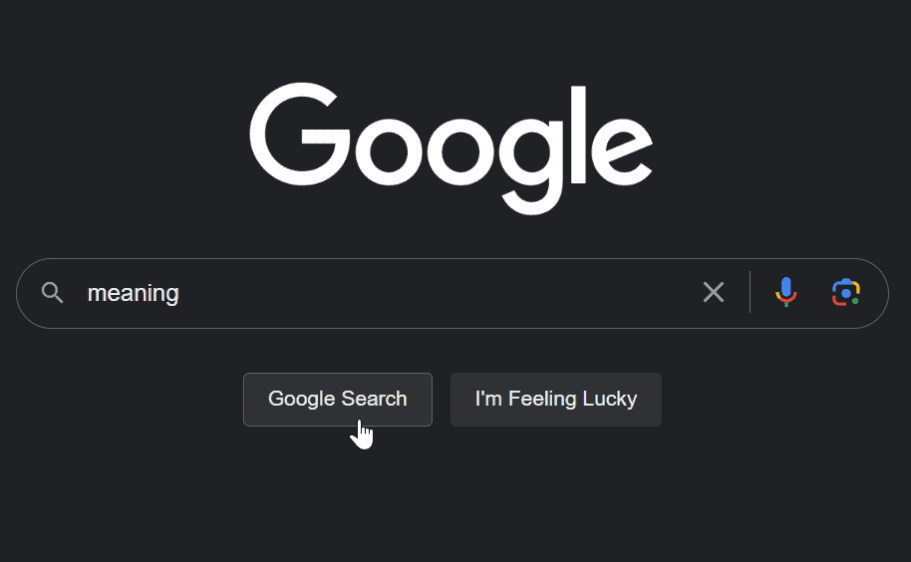Bite the Bullets (A quick summary if you don’t want to read the whole article)
- Shows we watch and books we read are stories that help us simulate real life situations
- Take advantage of the “simulations” you put in your mind to level up your desired skills
- Most people simulate more events than they live, and it’s time to flip the ratio
Savor the Summary
You can hear the drum-roll of your heartbeat in your ears. Your hands get clammy, as if their being slippery will help you escape doing what you know you must… Entering the dark room to catch a killer who is lurking in the shadows.
At least, that’s what your mind is telling you as you watch your favorite show. As Jonathan Gottschall describes in The Storytelling Animal: How Stories Make Us Human, all stories serve as examples that we can learn from “without the potentially staggering cost of having to gain this experience firsthand” (28). In the previous example, watching a crime show can simulate how to safely enter a dangerous room without the actual threat of possibly dying.
This ability to simulate real life situations in a low risk manner is an evolutionary marvel. Whether told by your friend, the TV, a song, or a book, gaining experience through digesting stories has helped us survive life-threatening events, avoid shame in social situations like pursuing a mate, and learn other valuable skills before we need them most (note that for the purpose of this article, “stories,” “TV shows,” etc. will all be synonymous with “simulations”).
But we’ve taken advantage of this gift by gorging ourselves on the simulated feelings the practice gives us until we are stuffed, leaving little room for testing these experiences in real life. What we are implicitly saying when we do this is “Why put in effort when you can feel all of life’s greatest neurological and chemical rewards with a click of a button or a swipe on your phone?”
Of course we all need mental breaks now and then and watching an episode of Spongebob can do just that. But imagine how different life could be if we consciously selected the stories we consumed with the goal of improving our lives?
I recently asked myself the following questions and found it to be a great first step towards taking back one of our evolutionary superpowers:
- What experiences am I simulating?
- How many experiences am I simulating versus living?
- How can I align the simulations with my goals?
What Experiences am I Simulating?
Considering that reading novels and watching TV are two of the most common types of “simulations” we run, what experiences are you simulating most in your life?
Given that it is the time of year when soccer, football, baseball, basketball, AND hockey are all being played in the U.S., it is highly likely that you are watching a lot of sports right now. Specifically, a Statista report revealed that sports fans watched an average of just under eight hours of sports content per week in 2014.
Now most of us aren’t watching sports to become better at them, and many people have never even played the sport they love watching most. Consider the origins of why stories are valuable.
In children’s pretend play and the dreams of people from all walks of life (Westerners, Asians, hunter-gatherer tribes, etc.) the focus is one thing, trouble (34/81/82). The most basic need is survival, so it makes sense that our minds would prioritize these types of simulations in preparation of knowing when to run versus fight.
But these days we are mostly simulating events we will never encounter. If this is the case for you, it is worth revisiting what shows you watch and what you are rehearsing for.
And while you are at it, think about how much you are simulating events versus living them.
How Many Experiences am I Simulating Versus Living?
Have you ever asked yourself, “How much am I truly living?” The Storytelling Animal opens by sharing some frightening statistics that address exactly that:
- “By the time American children reach adulthood, they’ll have spent more time in TV land than anywhere else, including school” (8/9).
- “The musicologist and neuroscientist Daniel Levitin estimates that we hear about five hours of music per day” (9).
While many of these simulations are helpful, without putting the simulated skills to use all of this time is wasted. And it is potentially a staggering amount of time wasted.
Combining TV and music, the average person participates in more simulations than real life events during their most formative years. The quote regarding the children is particularly scary given how much of a child’s development occurs before they turn 18. Knowing that certain feelings can be obtained through a screen can prevent these children from seeking the same feelings through genuine human interactions.
But in the right hands, this information can inspire an equal amount of hope. What if TV became the new “after school learning program?”
How Can I Align the Simulations with My Goals?
Everyone has a certain kind of story that captivates them, and these can be harnessed to provide more value than only entertainment. The Storytelling Animal described an individual who could be any of us saying, “I liked the film because it soaked my brain in the heady chemicals associated with wild sex, fist-fights, and aggressive humor, without the risk of earning those chemicals honestly” (30).
Take advantage of these chemical rewards to simulate skills you want to develop. If you find it too hard to stop watching certain types of shows, try to align them with something that’ll be useful in your life. For example, if you have a goal of learning a certain language, watch shows that interest you but in that language. This way you’ll still get the normal rush you expect from your favorite entertainment (adrenaline, pleasure, fear, etc.), but now you’ll also be getting exposed to a language you want to learn.
This specific example has been working great for me. I’ve been wanting to learn Korean and I like crime investigation shows, so I started watching them in Korean with subtitles and have slowly started developing my vocabulary while also getting my entertainment fix!
Conclusion
Stories started out as an evolutionary miracle, for example allowing us to practice how we might act when we encountered a poisonous snake before actually encountering one. But as with many of the genetic tools we are blessed with, we’ve hacked stories to make them “just a drug we use to escape from the boredom and brutality of real life” (29).
It is time to reclaim stories for their original purpose of improving our quality of life! Thinking about our goals or the skills we want to develop and then making sure they are demonstrated in our favorite forms of entertainment can marry learning and relaxation. In this way, we can keep on growing while we are resting!
And as always, if you want to take a deeper dive into what prompted this article I strongly suggest giving The Storytelling Animal a read.



